Does Anyone Want to Work Full-Time Anymore?
In today's competitive job market, finding the right talent to drive your company forward can be a daunting challenge. Many employers focus their recruitment efforts on full-time roles, but there's a vast pool of untapped potential that often gets overlooked – part-time candidates. By incorporating more part-time opportunities into job ads, employers can open the door to a much larger pool of quality candidates, helping to reduce the issue of talent shortages.
The rising popularity of part-time work is reflected in job ads. Only 5% of job ads were categorised as part-time in 2013; in 2023, that figure has doubled to 10%, according to the latest report from SEEK. As of July 2023, almost a third of our workforce 29.8% was employed part-time (ABS).
Who are part-timers?
For many of the 4,155,600 people working part-time in Australia, working full-time is not an option. This could be for a variety of reasons including study, caring for a loved one, health reasons, parenting commitments or greater work/life balance.
The increasing demand for part-time jobs can be challenging for employers looking to employ full-time staff, especially those running a small business. After a failed campaign to recruit staff, a frustrated agency principal recently called me for assistance and said, “Does anyone want to work full-time anymore?” They could not find any applicable candidates who wanted to work full-time, stating all applicants wanted varying part-time hours.
— Mary-Jane Massicci, Senior Recruitment Consultant, Edge Recruitment
Benefits of including part-time opportunities in your job ads
Expanded talent pool
By incorporating part-time opportunities into your job ads, you immediately broaden the candidate pool. This enables you to attract candidates who are highly skilled, but who may also have family commitments, are studying, or are simply seeking improved work-life balance.
Reduced recruitment costs
A larger pool of candidates means you're less likely to encounter prolonged vacancies. This reduction in turnover can ultimately lead to significant cost savings in terms of recruitment and training.
Higher job satisfaction
Part-time positions can offer employees a better work-life balance, leading to increased job satisfaction, more loyalty and better retention rates. Happier employees are more likely to contribute positively to your company's growth.
Diverse skill sets
Part-time workers often bring a diverse range of skills and experiences gained from various roles and industries. This diversity can inject fresh perspectives and innovative ideas into your business.
Strategies for crafting part-time friendly job ads
Label your job ads accordingly
Part-timers only search for roles that are advertised as part-time on job boards like SEEK. So, it’s very important for employers and hiring managers to categorise their job ads accordingly. By advertising a job as full-time, you eliminate any part-timers from applying even if you would consider them.
Be clear and specific
Clearly outline the part-time nature of the role in your job ad. Mention the number of hours required, the flexibility of the schedule, and any opportunities for remote work if applicable.
Highlight benefits
Emphasise the benefits that part-time employees can enjoy, such as flexible hours, the ability to pursue other interests and work-life balance. Paint a picture of how their role fits into the larger company mission.
Showcase growth opportunities
Assure candidates that part-time roles can serve as stepping stones to larger responsibilities within the organisation. This communicates a commitment to employee development and career advancement.
Focus on skills
Shift the focus from rigid qualifications to desired skills and competencies. Highlight how the candidate's unique skill set can contribute to the success of the team and the company.
Adaptability is key to surviving the challenges of workforce management. Opening your doors to part-time applicants could be the game-changer your business needs to overcome talent shortages and thrive. So, the next time you're crafting a job ad, remember that the potential to find your next star employee might just lie in embracing a part-timer.
Would you like to read more?
Stay updated with job search advice, the latest jobs, news and events from Edge Recruitment by subscribing to our newsletter.














